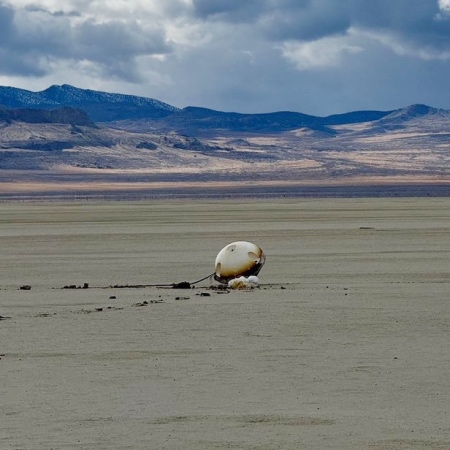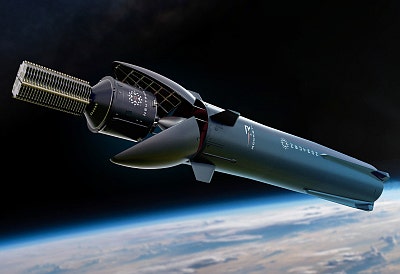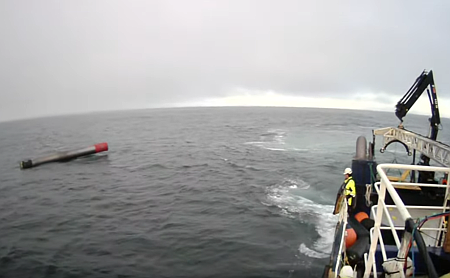Rocket Lab’s shares lose 10% because of a negative assessment by stock analyst
Because one stock market analyst, Bleeker Street Research (BS) this week issued a negative assessment of Rocket Lab’s schedule for launching its new Neutron rocket, the company’s shares have lost about 10% of their value in the past few days.
In the report, BSR opines that while Rocket Lab has captivated investors with the promise of Neutron, its research shows the promise is built on shaky ground.
BSR believes the Neutron launch won’t take place until mid-2026, and could be delayed until mid-2027. Engine development, structure production, Wallops Island in Virginia, USA, launch pad construction, and transporting Neutron to the site are all factors cited by BSR as driving the delay.
BSR also questioned whether Rocket Lab could get its launch price of $50-$55 million.
Delays in launching a new rocket are to be expected, though as of now Rocket Lab has not indicated any issues that would preclude their predicted first Neutron launch in 2025.
One wonders if this report is merely the typical price manipulation you see all the time from stock market honchos. Issue a negative report which causes the price to drop, and then use that drop to buy up shares at discount prices.
At the same time, the analysis could be correct, though it depends on unnamed sources.
Because one stock market analyst, Bleeker Street Research (BS) this week issued a negative assessment of Rocket Lab’s schedule for launching its new Neutron rocket, the company’s shares have lost about 10% of their value in the past few days.
In the report, BSR opines that while Rocket Lab has captivated investors with the promise of Neutron, its research shows the promise is built on shaky ground.
BSR believes the Neutron launch won’t take place until mid-2026, and could be delayed until mid-2027. Engine development, structure production, Wallops Island in Virginia, USA, launch pad construction, and transporting Neutron to the site are all factors cited by BSR as driving the delay.
BSR also questioned whether Rocket Lab could get its launch price of $50-$55 million.
Delays in launching a new rocket are to be expected, though as of now Rocket Lab has not indicated any issues that would preclude their predicted first Neutron launch in 2025.
One wonders if this report is merely the typical price manipulation you see all the time from stock market honchos. Issue a negative report which causes the price to drop, and then use that drop to buy up shares at discount prices.
At the same time, the analysis could be correct, though it depends on unnamed sources.




